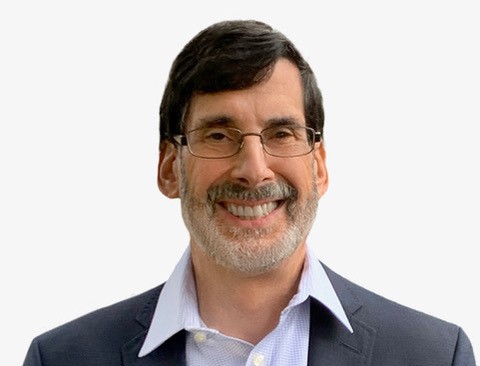By MIKE MAGEE
As we enter the third year of the Covid pandemic, with perhaps a partial end in sight, the weight of the debate shows signs of shifting away from genetically engineered therapies, and toward a social science search for historic context.
Renowned historian, Charles E. Rosenberg, envisioned a similar transition for the AIDS epidemic in 1989. He described its likely future course then as a “social phenomenon” with these words, “Epidemics start at a moment in time, proceed on a stage limited in space and duration, follow a plot line of increasing and revelatory tension, move to a crisis of individual and collective character, then drift toward closure.”
The devastating human toll of HIV/AIDS, in full view of a spectacularly disinterested President Ronald Reagan, couldn’t help but force commentators of the day to search for historic context. One suggested that the epidemic in their midst was “as well suited to the concerns of moralists as to the research of scholars seeking an understanding of the relationship among ideology, social structure, and the construction of particular selves.”
Current historians have begun to parse out explanations for former President Donald Trump’s denials, deflections, and deliberate obfuscation in the early months of the Covid pandemic. Was it a “failure of imagination”, the threat to economic or political interests, emotional immaturity, complacency, or some combination? Why did the sick have to suffer and bodies have to accumulate?
For the AIDS epidemic, Rosenberg believed that “accepting the existence of the epidemic” would have forced or triggered the need to create a response. In contrast to America’s early beginnings, when the weight of responsibility could be laid at the feet of an invisible Theocratic hand, the modern citizenry (aside from the Jerry Falwell’s and Pat Buchanan’s of that day) sought a “rational understanding” and a pathway toward control.
Recognition did carry with it an expectation of collective action, and a search for context. In 2008, two decades after his piece on HIV/AIDS, and stimulated by a new crisis with H1N1 Bird Flu, Rosenberg published a paper in the Journal of Infectious Diseases titled “Siting Epidemic Disease: 3 Centuries of American History.”
In this concept piece, he laid out the variables or parameters for evaluating the long list of American epidemics including geography, ecology, demography, medical knowledge, cultural values, and collective experience.
Scientific progress, as we’ve seen with mRNA-constructed Covid vaccines, makes a difference. As Rosenberg admitted, “AIDS was configured very differently—both socially and biologically—in 1983, in 1993, and in 2003.” But he also suggested that the declaration of an end to the “era of great epidemics” in the 1950s was premature. In fact, we find ourselves still under the control of intersecting and instigating megatrends that were first ignited by discoveries a century and a half ago including new modes of transportation, economic growth, and migration-driven urbanization.
As Rosenberg suggested, progress often carries with it hidden human risks. This presents modern leaders with stark choices. In his words, “It is an occasion to balance faith in the laboratory’s power with anxieties about anticipated failures in public policy and ambivalence about the perhaps ironic fruits of global economic relationships, as well as the diversity and inequality associated with such economic growth.”
Where the laboratory scientist might see Covid as a challenge for medical innovators, social scientists see it as an opportunity for humankind to focus on what really matters. For them, epidemics are “sampling devices that enable us to see, at one moment in time, the configuration of values and attitudes…a natural experiment, a kind of strength-of-materials test for the precise relationships among society’s social values, technical understanding, and capacity for a public and private response.”
While the microbes continue to evolve at a frightening speed, humans are slower to learn and adapt to these biological threats. What social scientists like Rosenberg suggest, is that epidemics have always been, and remain, “a mirror for social thought and plausible action.”
Mike Magee, MD is a Medical Historian and Health Economist, and author of “CodeBlue: Inside the Medical Industrial Complex.“






Leave A Comment